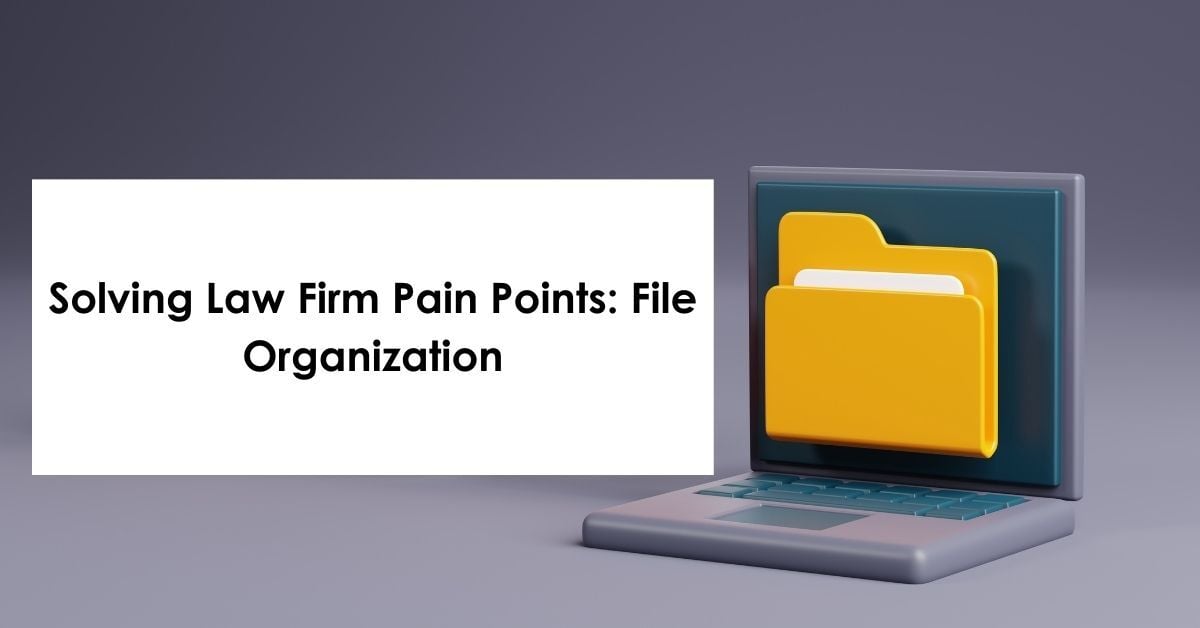The Future Of Lawyers And Law Firms
According to the Self Represented Litigation Network, state courts regularly report that 3 out of 5 of the civil cases they handle involving divorce, custody, child support, guardianship, housing, and consumer issues involve at least one self-represented litigant. The reason? Usually, it boils down to fees and overall access.
As such, there has been a lot of action in the last year around law firm ownership and who can practice law. Some states are in the trial phase of allowing non-attorney ownership of law firms. Those states, at the time of this blog, include Utah, Arizona, California, Illinois, and New Mexico. Florida recently announced their interest in a similar program. Along with ownership, states are considering who may practice law and how they earn a license. All of these programs are focused on making the law more accessible to those who need it. So, with that in mind, what do you need to know?
Lawyers
Earning a license to practice law has long been the standard to become a lawyer. The key? You must pass the state Bar Exam. However, there are discussions about alternatives to receiving that license.
Some options include an extended period of practice under the guidance of a licensed attorney. For example, Utah became the first jurisdiction to allow an emergency diploma privilege for law school graduates who met certain requirements. These requirements include working under the supervision of a licensed attorney for at least 360 hours. Washington state, Oregon, and Louisiana also offer this 'diploma privilege' option. In fact, in early 2021, it was reported 1,400 individuals from these four states opted for the diploma privilege. These programs are scheduled to phase out in 2021.
However, Wisconsin and New Hampshire have permanent diploma privilege programs. For graduates from in-state law schools in those states, the option to take part in an apprenticeship-style process to gain a license remains on the books.
The question really focuses on who can practice law legally and what the required steps are to get there. Which leads us to paraprofessionals.
Some states allow paraprofessionals to perform limited legal functions. Arizona currently offers a licensing process for individuals who have not attended law school but are trained in specific areas and processes of law. California is also preparing a similar program. These paraprofessionals are allowed to provide legal advice in a limited capacity in specific areas of law. For example, in Utah, authorize licensed paralegal practitioners are allowed to assist clients in family law, eviction, and consumer debt matters. Other states have established paraprofessional roles with different requirements. Check with your Bar Association to find out more about your specific area of law and location.
These somewhat alternative roles are often a welcome alternative for lower and middle-income individuals. However, there are no limitations for individuals to choose to work with these roles. It's critical for law firms to know the options available to potential clients. And for your law firm, including a paraprofessional on your team may be a good option.
Law Firms
Historically, only licensed attorneys can own law firms. However, that is also being tested. Utah is currently in the 'sandbox' phase of its program. The Sandbox allows entities to use new business structures and service models to provide legal services, after completing a review and approval process. Other states, including Florida, Illinois, New York, Connecticut, and North Carolina, among others, have or are considering optional law firm ownership models as well. But why does this matter?
Assistance from non-lawyer investors would likely make small- to mid-size law firms more efficient. As a result, they can offer a wider range of products and services. And, due to the extended offerings and presumably revenue, costs for legal help could be reduced. Ultimately, it's about finding a way to increase access to legal services.
The role of technology here can't be overlooked. Not every law firm is looking to reduce their fees, understandably. Right now, attorneys report they bill around 30% of their working time. And of that 30%, 12% is not collected. So if an attorney can become more efficient, increasing their billable time to 50% of their working day, there is more flexibility in rates.
Now, we aren't saying you should take your standard rate down. But imagine if you can take on more cases and offer a reduced rate for working with an attorney who is under your guidance who does not yet have their license, or work with a paraprofessional. It's ultimately an additional revenue source for your firm and you provide meaningful support to those who lack access to the law. Becoming more efficient drives more billable time, too. And the right technology tool greatly improves your efficiency.
The law has been slow to adapt. That's true for technology beyond a shadow of a doubt. But it goes beyond that. These programs to modernize the legal industry are an effort to address an ongoing issue with access to legal services. The question is if it will work. And if lawyers and law firms will be open to the options. The reality is there will be lawyers and law firms who do. Whether you get on board and adapt or not is up to you. But one thing is for certain. Entities who choose not to adapt ultimately no longer exist.


